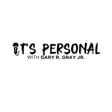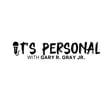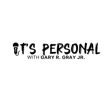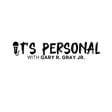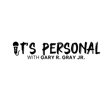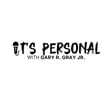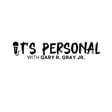
EP. 128 Ellen Oh, STUCK between cultures and WRITING for Middle School
Acclaimed children's book author Ellen Oh takes us on a captivating journey, sharing insights into her diverse literary portfolio and the personal experiences that have shaped her writing.
From her early days as a lawyer and college instructor to her transition into the world of children's literature, explore Ellen's path to literary success. Delve into the inspirations behind her middle grade novels and her love for this age group. Discover how Ellen's own experiences navigating the complexities of being caught between two cultures - American and Asian - have influenced her narratives and characters.
Join us as we unpack Ellen's passion for creating diverse, relatable stories for young readers. Learn how her involvement with the "We Need Diverse Books" organization has empowered her to champion representation and inclusion in the world of children's literature. Prepare to be inspired by Ellen's unique voice and her mission to uplift underrepresented experiences through the power of storytelling.
Website: https://www.ellenoh.com/
Instagram: https://www.instagram.com/elloecho/
